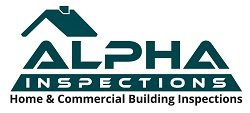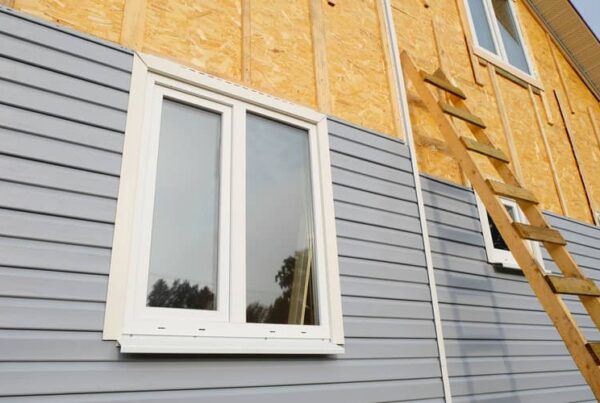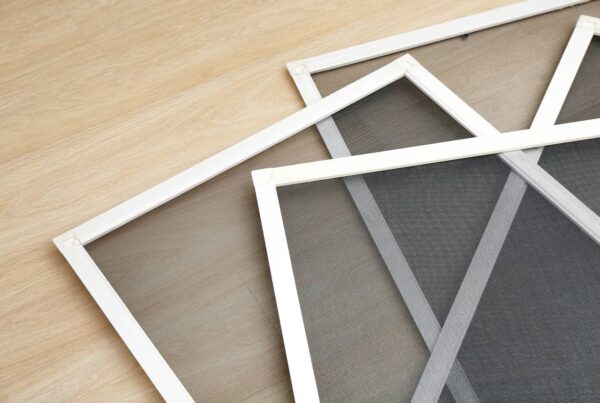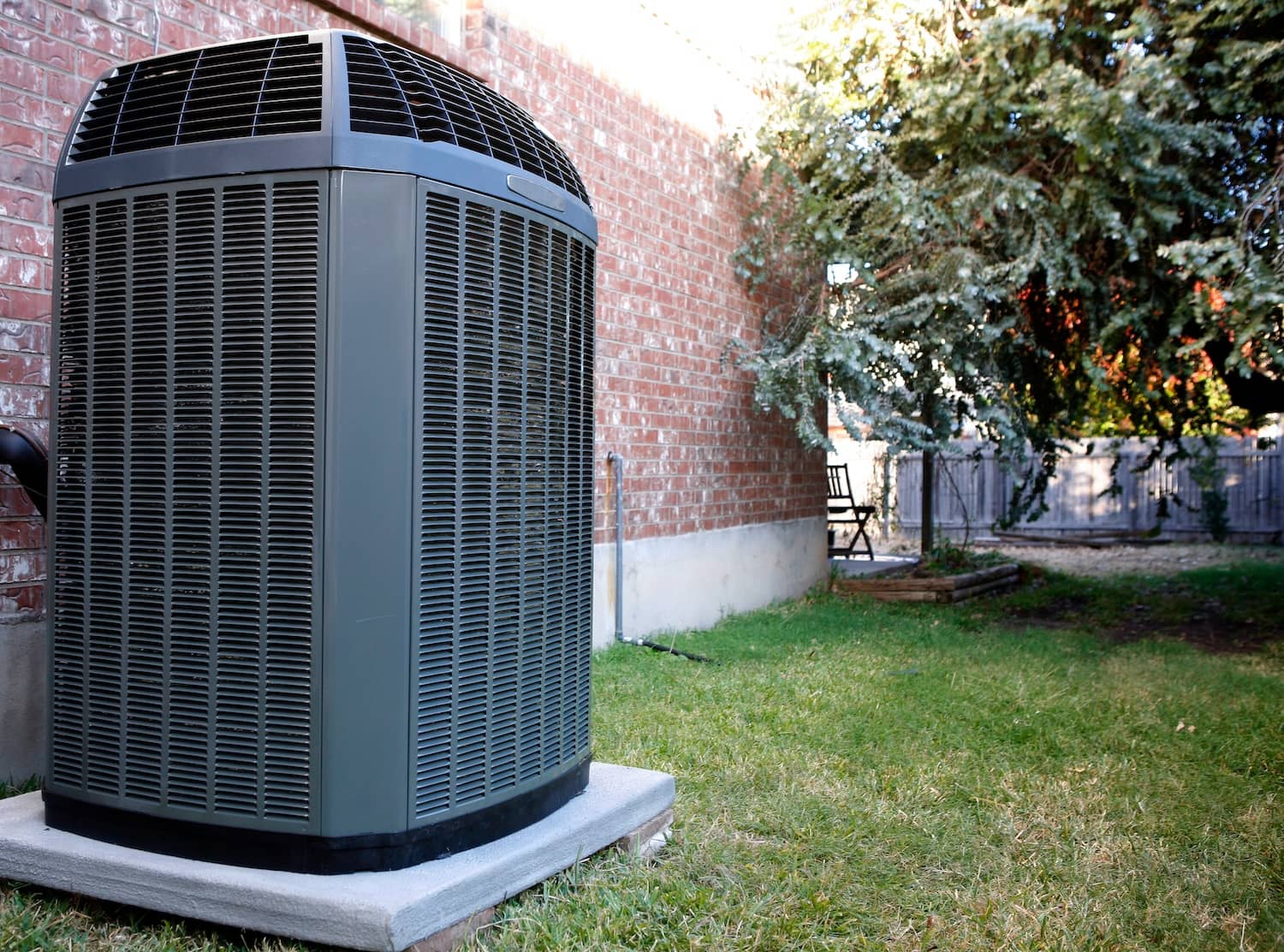
As homeowners, it’s crucial to understand our home’s heating system. However, with the rise of energy-efficient heat pumps, you might find yourself asking, “What does a heat pump look like?” Knowing its appearance and components isn’t just about satisfying curiosity—it’s a key step towards easier maintenance and a longer lifespan for the system. So, in this guide, we’re taking the mystery out of heat pumps.
We’ll not only explain what a heat pump looks like but also break down its key components, and offer valuable maintenance tips. Are you ready to become a heat pump expert? Let’s dive in!
What is a Heat Pump?
A heat pump is a versatile, energy-efficient system used for heating and cooling homes. Unlike traditional furnaces that generate heat, a heat pump works by transferring heat from one place to another using a refrigeration cycle similar to your household refrigerator.
Interestingly, the magic of heat pumps lies in their dual functionality. During the winter months, they extract heat from the outdoors—even in cold weather—and move it inside to warm your home. Conversely, in the summer, they reverse this process, pulling heat from your home and releasing it outdoors, thus cooling your living space.
The benefits of using a heat pump are numerous. First and foremost, they are incredibly energy-efficient, often resulting in lower utility bills. Additionally, they also provide both heating and cooling capabilities, reducing the need for separate systems. Plus, they’re known for their quiet operation and can improve air quality by reducing humidity levels.
What Does a Heat Pump Look Like?
Identifying a heat pump can be a bit tricky, as its exterior can look similar to an air conditioner. However, generally, a heat pump system consists of two main components: an outdoor unit and an indoor unit.
The outdoor unit, or condenser, is usually a large, square metal box that sits on a concrete slab outside your home. It’s equipped with a fan and is often covered with metal grating to protect the internal components. You might also notice two copper lines running into the house, which carry refrigerant between the indoor and outdoor units.
The indoor unit, often known as the air handler, is typically located in a basement, attic, or utility closet. It resembles a metal box and contains the evaporator coil and blower. Attached to the air handler is a line of ductwork, which distributes the conditioned air throughout your home.
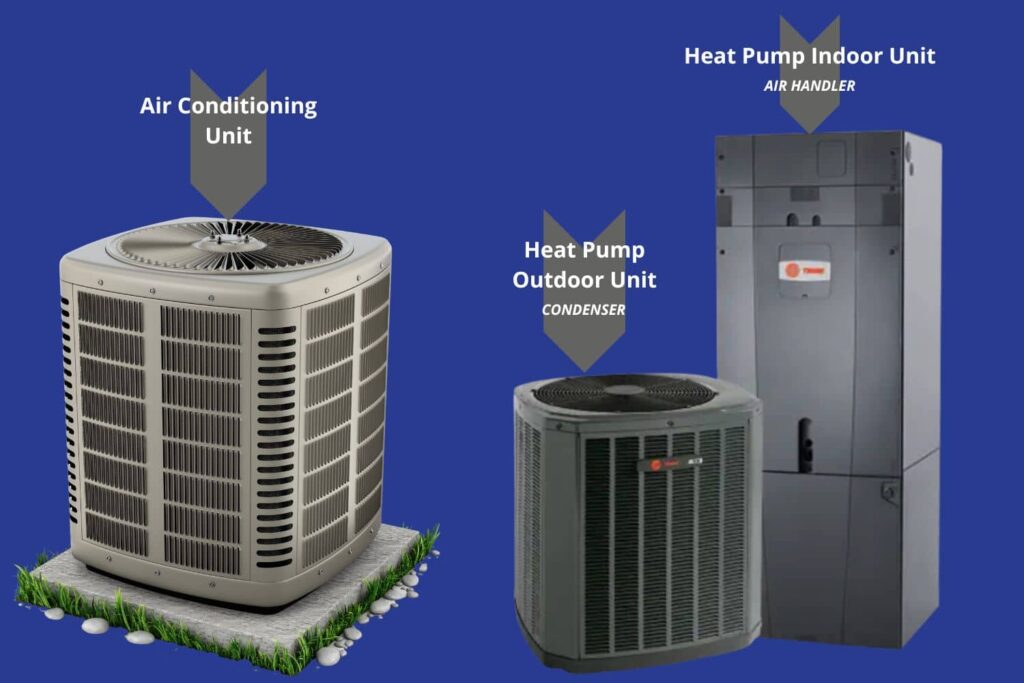
Understanding Heat Pump Components and Their Functions
While heat pumps may seem mystifying, gaining a handle on the key components and their roles makes their operation more understandable. Let’s explore the inner workings:
- Compressor: The compressor is the heartbeat of the system, located in the outdoor unit. It pressurizes the refrigerant and transforms it into a high-temperature gas ready to release heat.
- Condenser Coil: That hot gas then flows into the condenser coil, also outside. As the gas passes through the coil, it cools down by releasing its heat into the external air.
- Expansion Valve: Next, the refrigerant goes through the expansion valve. This causes the refrigerant pressure to drop rapidly, allowing it to absorb heat when it reaches the evaporator coil.
- Evaporator Coil: Now in the indoor air handler unit, the refrigerant flows into the evaporator coil. As it absorbs heat from the indoor air, it evaporates from liquid to gas form. This evaporation has a cooling effect on your home’s air.
- Blower: The blower, also part of the air handler, pulls the cooled air across the evaporator coil and circulates it through ducts to lower the temperature inside your rooms.
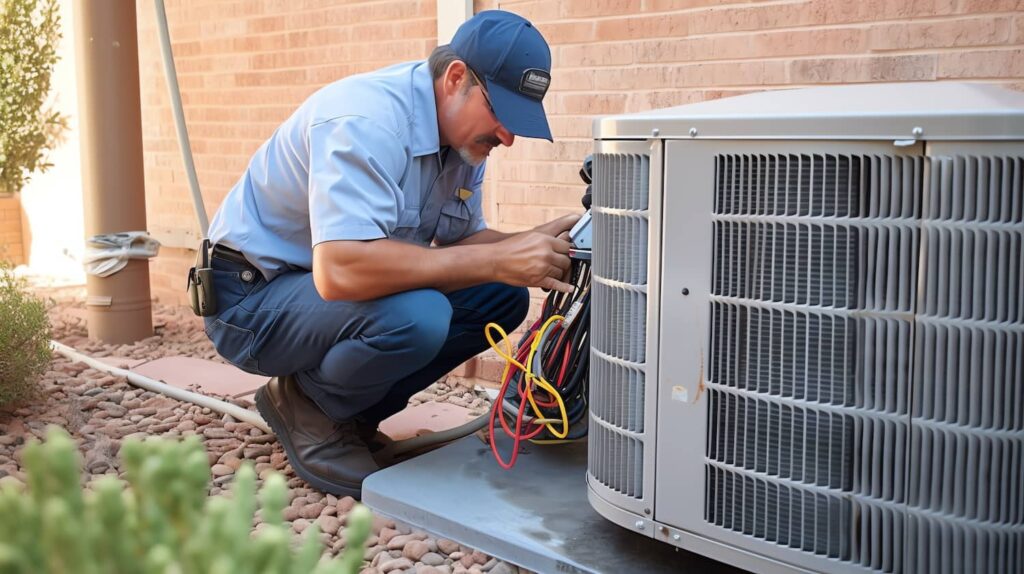
Other Recommended Maintenance
Heat pump maintenance is essential to keep your system running smoothly and efficiently. Also, regular upkeep extends the lifespan of the heat pump and can prevent costly repairs down the line.
One simple but crucial task is changing the air filter. A clean filter ensures effective airflow and prevents dust and debris from entering your system. Aim to replace your filter every one to three months, depending on usage and the type of filter.
Cleaning the outdoor unit is another important task. Over time, leaves, dirt, and other debris can accumulate around the outdoor unit, impacting its efficiency. Regularly clear the area around the unit and gently clean the metal grates with a soft brush.
Always remember that regular maintenance not only keeps your heat pump in peak condition but also maximizes its energy efficiency. This means lower energy bills and a more comfortable home!
When to Call a Professional
Certain problems are beyond the DIY realm and call for a trained HVAC technician to inspect and repair your system.
For example, unusual noises like grinding, squealing, or banging coming from your heat pump warrant an urgent call. These cacophonous sounds typically indicate an internal problem like a failing motor or compressor. Only a professional has the expertise to correctly diagnose the issue and get your system humming quietly again.
Insufficient heating or cooling can also signal it’s time to pick up the phone. If your heat pump struggles to reach and maintain your desired indoor temperature, something is amiss. From faulty thermostat calibration to low refrigerant levels, numerous technical issues could be at play. Don’t waste time trying to pinpoint it yourself. Get a technician on the scene immediately for a system test and proper diagnosis.
Likewise, a sudden spike in your energy bills may mean your heat pump’s efficiency has been compromised. Rule out other causes first, like a rate increase from your utility company. If high bills persist despite keeping up with maintenance, it’s wise to call in reinforcements. A professional can thoroughly inspect your heat pump and ensure all components are functioning optimally.
Wrapping Up
Understanding what a heat pump can look like, how it functions, and how to maintain it can make a significant difference in its efficiency and lifespan. While regular maintenance tasks like changing filters and cleaning the outdoor unit can be done on your own, remember that professional help is necessary when facing issues beyond your comfort zone.
Your heat pump is a crucial part of your home, providing comfort throughout the year. It’s an investment worth protecting! If you have concerns about your heat pump or other HVAC components, don’t hesitate to reach out to the experts at Alpha Building Inspections in Merrimack, NH, and surrounding areas.
